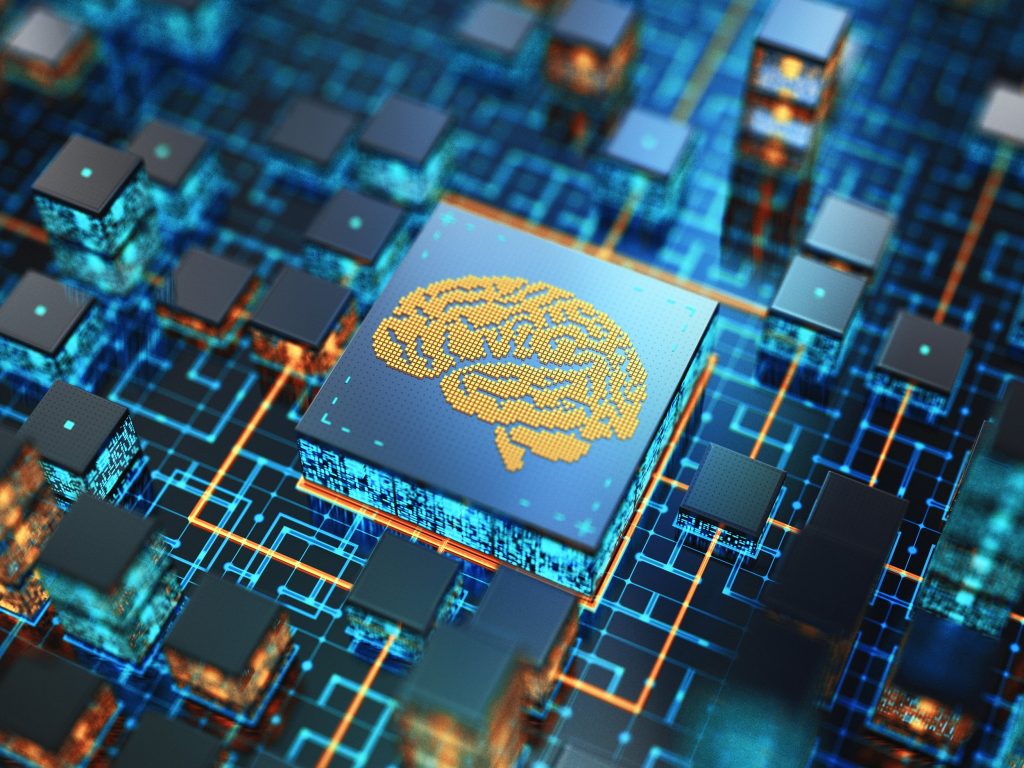Workers across a range of industries are increasingly airing their complaints about how artificial intelligence is affecting their employment. While it was first believed that AI technologies would accelerate work and boost productivity, many workers have discovered that the truth is very different.
This was personally experienced by Neil Clarke, editor and publisher of the science fiction and fantasy magazine Clarkesworld, when his staff had to deal with a deluge of “consistently bad” AI-generated story submissions. In addition to adding to his team’s workload, the influx of AI-produced content led to lower-quality submissions that needed to be manually sorted through.
The promise of AI transforming work and leading to more efficient job processes has been widely propagated by tech leaders. However, the actual implications of AI implementation can vary across industries, and the transition to a tech-driven future isn’t always smooth. Lawyers have faced penalties for submitting fake court citations generated by AI, and smaller publications like Clarkesworld have been inundated with content, creating significant challenges, Clarke mentioned to CNN Business.
Large IT firms have been willing to spend money on AI-driven technologies that enable speedy data summarizing, presentation preparation, and email composing. It has been demonstrated in several research that AI can boost productivity in specific jobs, but it is still unclear how AI will ultimately affect society as a whole.
While AI can enhance job quality in some ways, according to reports from organizations like the Organization for Economic Co-operation and Development, workers report an increase in workload intensity after AI adoption. Additionally, despite the fact that employment has increased, pay levels have remained stable because AI has had little to no impact on earnings for non-specialists and non-managers.
Workers in various sectors, represented by unions like the International Association of Machinists and Aerospace Workers, have expressed concerns about being treated as “guinea pigs” in the rush to implement AI-powered tools. The transition has led to residual tasks that machines can’t handle, placing additional pressure on human workers.
In the media industry, AI tools have been viewed as both a blessing and a curse. While they offer the potential to accelerate copywriting, advertising, and editorial work, there have been notable blunders that required substantial corrections. News outlets like CNET and Gizmodo experimented with AI-written stories, leading to errors and employee turmoil.
Despite the challenges, some businesses have tried to use AI to combat the negative effects of AI itself. Neil Clarke’s team attempted to use AI-powered detectors to manage submissions, but the results were inconsistent, especially for writers whose second language is English.
The verdict on AI’s impact on the workforce is still mixed, and its true potential is yet to be fully realized. As the technology continues to evolve, it becomes crucial for employers to involve frontline workers in the implementation process and consider their invaluable insights to navigate the ever-changing landscape of AI in the workplace.

